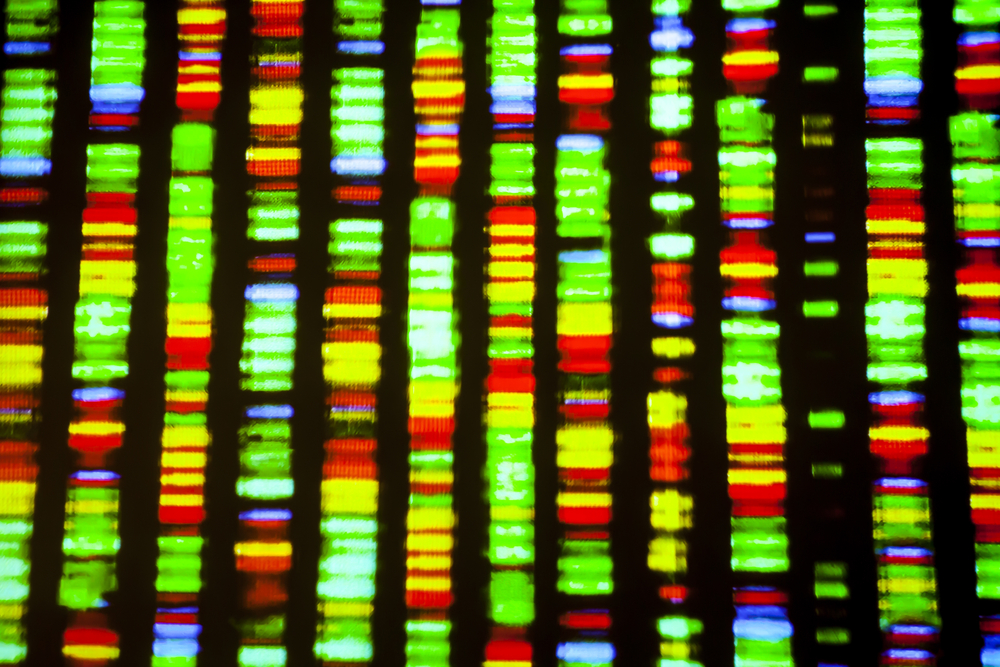The promise that the field of biomarkers hold for earlier diagnosis and hence superior treatment of systemic autoimmune diseases, in which rheumatoid arthritis is included, were the focus of a recent review in Drug Discovery & Development.
Biomarkers are measurable and reproducible characteristics of biological processes. Their clinical use has become widespread not only in the identification of disease, but also as a measure of disease severity and identification of effective treatment and prognosis. The use of biomarkers has been extremely important in diverse medical areas such as oncology, where single genetic biomarkers have been used successfully to determine appropriate therapies. However, in pathologies where the specific pathogenic mechanisms still elude researchers, the identification and validation of potential biomarkers has proven more difficult despite their extreme importance in correct diagnosis and early treatment.
This is the case in systemic autoimmune diseases, a closely related set of diseases characterized by immune system deregulation and autoantibody production. Rheumatoid arthritis (RA), systemic lupus erythematosus (SLE), Sjögren’s syndrome (SjS), polymyositis/dermatomyositis, and systemic sclerosis (SSc) are part of this group of extremely complex diseases, and each syndrome has unique molecular and clinical characteristics despite the common progression process.
One of the main challenges in biomarker validation here is the complex nature, where factors such as immunological mechanisms, genetics, the environment, and personal patient characteristics may influence clinical outcome and biomarker measurement. Researchers have focused on the identification of biomarker panels to address not only the need for early effective diagnosis, but also to guide treatment options and patient stratification in clinical trials.
For example, biomarkers like rheumatoid factor (RF), erythrocyte sedimentation rate (ESR), creactive protein (CRP), and anti-cyclic citrullinated peptide (anti-CCP) were suggested as potential candidates for diagnosis of autoimmune diseases like RA. Furthermore, disease activity in adult RA patients (low, moderate and high severity) could be measured through a biomarker-based panel of 12 proteins (using the Vectra DA test developed by Crescendo Biosciences, Inc.) whose levels are combined into a single score algorithm from 1 and 100.
These findings suggest that a number of potential biomarkers could offer promising opportunities in the diagnosis and response to treatment of RA and other systemic autoimmune diseases. However, there is still a long way to go in biomarker research and testing before effective biomarkers are identified that could prove of critical value — leading to more patients with systemic autoimmune disease being diagnosed before irreversible damage occurs and to having a better chance of optimal treatment.


